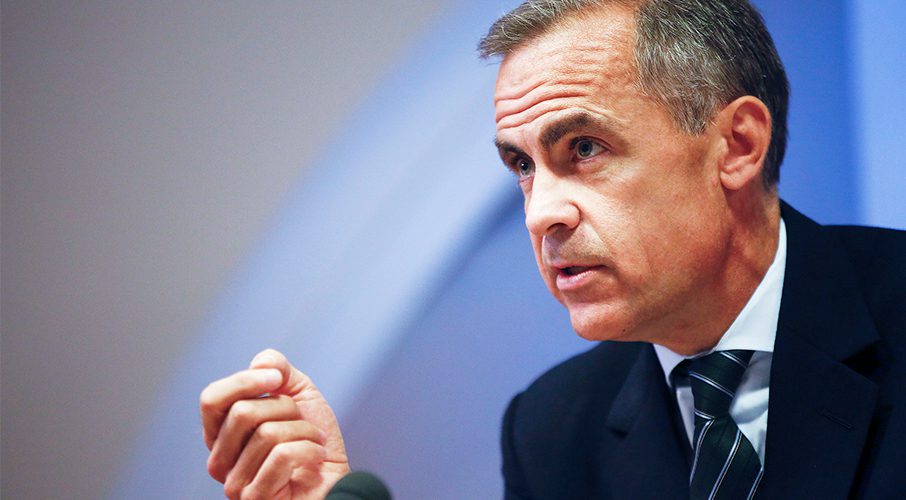
There is no assurance the best values will triumph, especially in a crisis, writes Philip Cross in the Financial Post. Below is an excerpt from the article, which can be read in full here.
By Philip Cross, April 23, 2021
In his new book Value(s), former Bank of Canada Governor Mark Carney claims we have moved from a market economy to a market society that overvalues money and private goods while systematically undervaluing public goods such as protecting the environment, building infrastructure, and caring for others, a hackneyed argument dating back to John Kenneth Galbraith’s 1958 book, The Affluent Society.
Carney acknowledges that “Both value and values are judgements. And therein lies the rub.” The problem is knowing which values are important and should be incorporated into decision-making. The answer is unclear. Carney argues the necessary values include “solidarity, fairness, responsibility and compassion,” all of which surfaced during the pandemic. However, the pandemic also brought out the worst of human nature, including piling mountains of debt onto future generations, vaccine nationalism as countries hoarded supplies, Russia and China leveraging dubious vaccines for strategic gains, massive bureaucratic incompetence as the EU and Canada botched vaccine distribution, xenophobia and racial hatred towards Asians, and shorter global supply chains that will damage emerging nations for years. There is no assurance the best values will triumph, especially in a crisis.
It is revealing to compare the values Carney champions with those that Nobel-economist Edmund Phelps shows are key to innovation and economic growth. Carney lists fairness, solidarity, resilience, responsibility, sustainability, humility, and dynamism (although not all these are values). In his recent book, Dynamism, Phelps emphasizes independence, initiative, achievement, and acceptance of competition. Carney’s values are arbitrary and politically motivated, while Phelps’ are validated by both the historical evolution of innovation and statistical evidence. Carney’s shallow analysis belies his book’s back-cover boast that he is “one of the great economic thinkers of our time” and reflects how in our society self-confidence is increasingly divorced from competence.
***TO READ THE FULL ARTICLE, VISIT THE FINANCIAL POST HERE***




